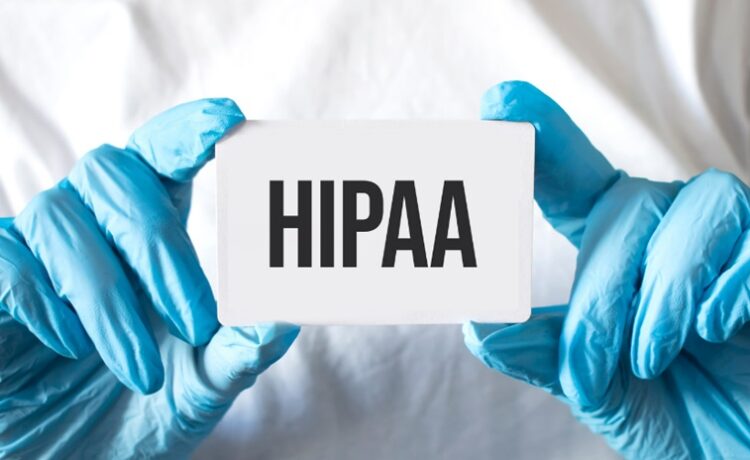HIPAA (Health Insurance Portability and Accountability Act) compliance is crucial for any healthcare organization that handles Protected Health Information (PHI). Compliance with HIPAA regulations not only ensures the protection of patient data but also helps organizations avoid costly fines and legal penalties.
However, achieving HIPAA compliance can be a daunting task, especially for small to medium-sized healthcare practices. This is where HIPAA compliance consulting services come in. A HIPAA consultant can play a vital role in helping healthcare organizations navigate the complex landscape of HIPAA regulations and ensure compliance. So, without further ado, let’s dive into the role of HIPAA compliance consulting services in healthcare.
What is HIPAA Compliance Consulting?
HIPAA compliance consulting is a specialized service that helps healthcare organizations meet the requirements set by HIPAA regulations. These services are provided by consultants who have in-depth knowledge and expertise in navigating and implementing HIPAA rules and guidelines.
Consultants help healthcare organizations assess their current level of compliance, identify any gaps or vulnerabilities, and develop a plan to address them. They also assist in implementing the necessary policies, procedures, and controls to ensure ongoing compliance. Additionally, the software and tools provided by HIPAA compliance consulting services can help healthcare organizations track their compliance progress and maintain documentation for audits. You may even check out this blog post to learn about the top features your HIPAA-compliant software must have so that you can rest assured that your healthcare practice is well-protected.
The Need for HIPAA Compliance Consulting Services
HIPAA compliance is not a one-time task; it’s an ongoing process that requires constant monitoring and updates. Many healthcare organizations struggle with staying compliant due to limited resources, lack of expertise, and the ever-changing regulatory landscape. Here are some reasons why healthcare practices may need the help of a HIPAA compliance consultant:
- Complexity of HIPAA Regulations:HIPAA regulations are complex and can be challenging to interpret, especially for non-technical staff. A HIPAA compliance consultant can provide guidance and clarification on the various requirements, saving healthcare organizations time and effort.
- Risk Assessment:Conducting a risk assessment is crucial for identifying vulnerabilities in PHI handling processes and systems. HIPAA compliance consultants have experience in conducting thorough risk assessments that can uncover potential security gaps, allowing organizations to address them before they become a problem.
- Expertise in IT Security: With the increasing use of technology in healthcare, ensuring the security of electronic Protected Health Information (ePHI) is crucial. HIPAA compliance consultants specialize in IT security and can help healthcare organizations implement the necessary technical safeguards to protect sensitive data.
- Ongoing Support: HIPAA regulations are always evolving, and compliance requirements may change. A HIPAA consultant provides ongoing support and guidance, ensuring that healthcare organizations stay updated and compliant with any new changes or requirements.
What Role Does HIPAA Compliance Consulting Play in Healthcare?
HIPAA compliance consulting services play a crucial role in healthcare organizations by helping them achieve and maintain compliance while also improving overall data security and privacy practices. Some specific roles of HIPAA compliance consulting include:
- Providing Education and Training: HIPAA consultants can educate staff on the importance of HIPAA compliance, their responsibilities, and best practices for handling PHI. This training can help prevent HIPAA violations and improve overall compliance.
- Developing Policies and Procedures: HIPAA consultants assist in developing policies and procedures that align with HIPAA regulations and address any identified vulnerabilities.
- Conducting Audits and Assessments: Consultants can conduct regular internal audits to ensure ongoing compliance. They can also assist in external assessments and audits conducted by regulators.
- Implementing Technical Safeguards: HIPAA compliance consultants can provide guidance on implementing technical safeguards such as encryption, firewalls, and access controls to protect ePHI.
Conclusion
HIPAA compliance consulting services are an invaluable resource for healthcare organizations looking to ensure the security and privacy of patient data while also avoiding costly penalties. They provide expertise, guidance, and ongoing support to help organizations comply with HIPAA regulations and protect sensitive information. By enlisting the help of a reputable HIPAA compliance consultant, healthcare practices can focus on providing quality care to patients without worrying about regulatory requirements. So, if you want to safeguard your healthcare practice from potential security breaches or avoid hefty fines, it’s time to consider HIPAA compliance consulting services.





